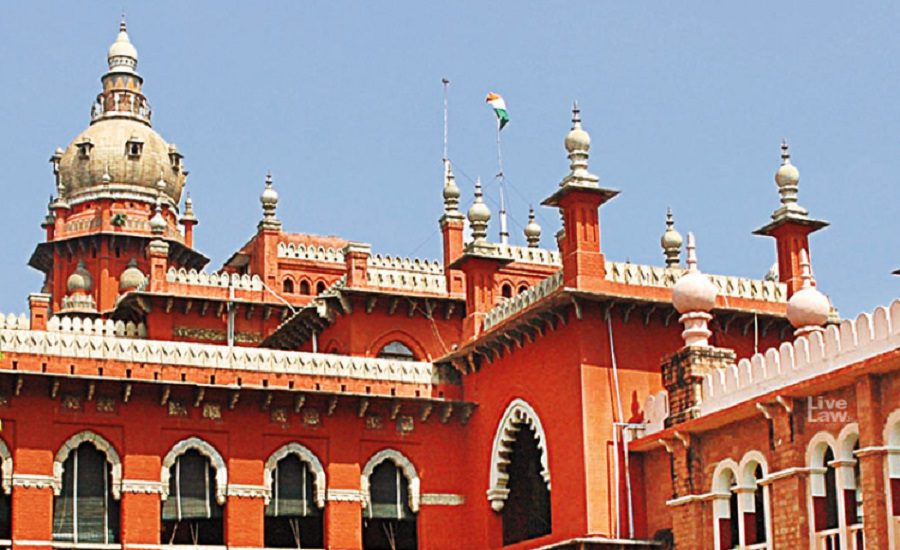Madurai: The Madurai Bench of the Madras High Court on Thursday reinforced the importance of adhering to established legal and procedural norms in the appointment of the next Director General of Police (DGP) for Tamil Nadu. The court emphasized that the selection process must strictly comply with the Supreme Court’s guidelines laid out in the Prakash Singh vs Union of India judgment, as well as the Union Public Service Commission (UPSC) protocols and the single-window empanelment system.
Empanelment Must Follow Supreme Court’s Directions
A Division Bench comprising Justice S.M. Subramaniam and Justice G. Arul Murugan stated that the process of empaneling eligible Indian Police Service (IPS) officers must be carried out with complete transparency, integrity, and in line with apex court directives. The court noted that the procedures for appointing a DGP are not discretionary but are clearly outlined and binding.
The judges reiterated that “pre-appointment protocols are not optional, and any deviation undermines the independence and integrity of the top police post.”
Read also: TN DGP Appointment: Madras High Court Seeks State’s Reply on PIL Alleging SC Guidelines Violation
Court Declines Interference, Disposal of PIL
The court was hearing a Public Interest Litigation (PIL) filed by K. Yasar Arafath, a resident of Paramakudi in Ramanathapuram district, who sought a directive for the State and Central governments to initiate the empanelment of eligible IPS officers for the DGP post.
The petitioner highlighted that the incumbent DGP, Shankar Jiwal, is set to retire on August 31, 2025, and raised concerns about possible procedural lapses in the appointment of his successor.
However, the Bench observed that a similar petition was already filed before the Principal Seat in Chennai, which had dismissed it as premature, given that no appointment had been made yet. Concurring with that ruling, the Madurai Bench stated that judicial interference at this stage was not warranted, as the process was still ongoing.
State Assures Ongoing Selection Process
Additional Advocate General (AAG) M. Ajmal Khan, representing the State government, informed the court that the selection process was already in motion, and all steps are being taken to ensure that the guidelines issued by the Supreme Court and UPSC are followed in letter and spirit.
Taking note of the State’s submission, the court disposed of the PIL, while reiterating that future appointments must be carried out with strict adherence to due process and constitutional mandates.
Background: Prakash Singh Case and DGP Appointment Norms
The Prakash Singh vs Union of India (2006) judgment by the Supreme Court laid down key directives for police reforms, including the manner of appointing DGPs across states. As per the ruling:
- The State Government must select the DGP from among three senior-most officers empaneled by the UPSC.
- The officer should have a minimum of six months of service left before retirement.
- The appointment must be based on merit and seniority, with no room for political influence.
In 2018, the Supreme Court modified its order, directing the UPSC to prepare a panel of eligible officers and forward it to the State, which must choose one candidate from this list.
Judicial Oversight Ensures Transparency in High-Level Police Appointments
This case adds to the increasing judicial scrutiny over top bureaucratic and police appointments in India. The Madras High Court’s insistence on procedural compliance is seen as a step toward strengthening institutional integrity and shielding key appointments from political interference.
The Bench’s reminder comes at a crucial juncture, as multiple senior IPS officers await elevation in the State hierarchy, and Tamil Nadu prepares for a transition at the helm of its police leadership.



























